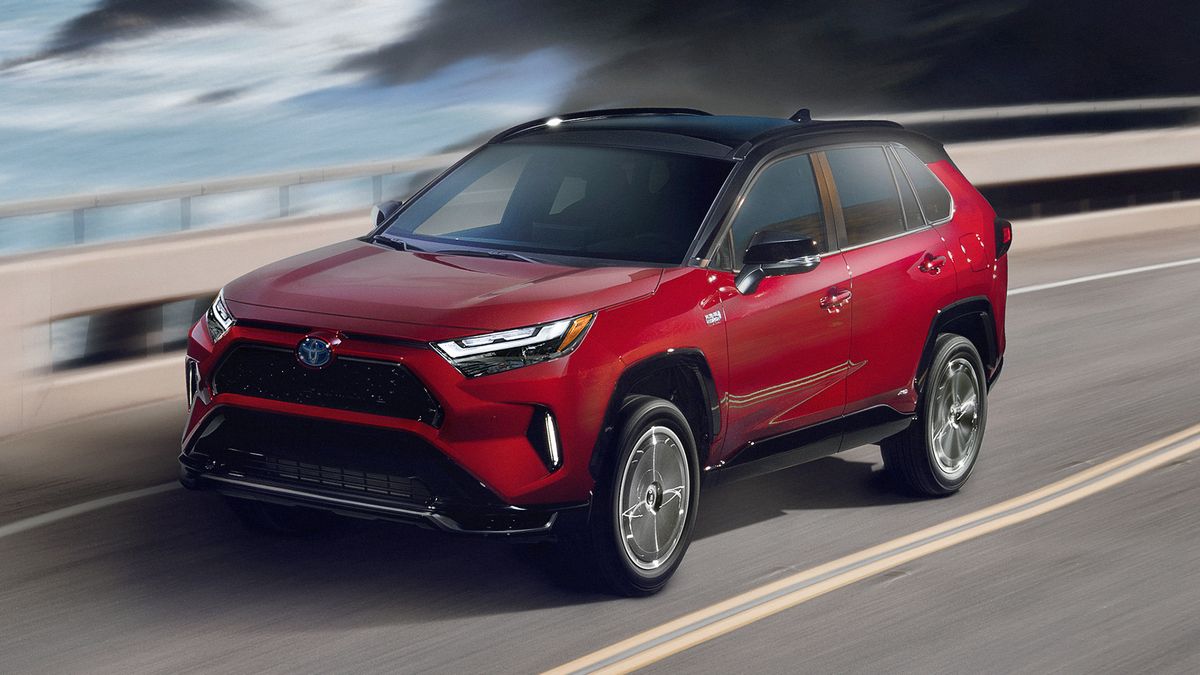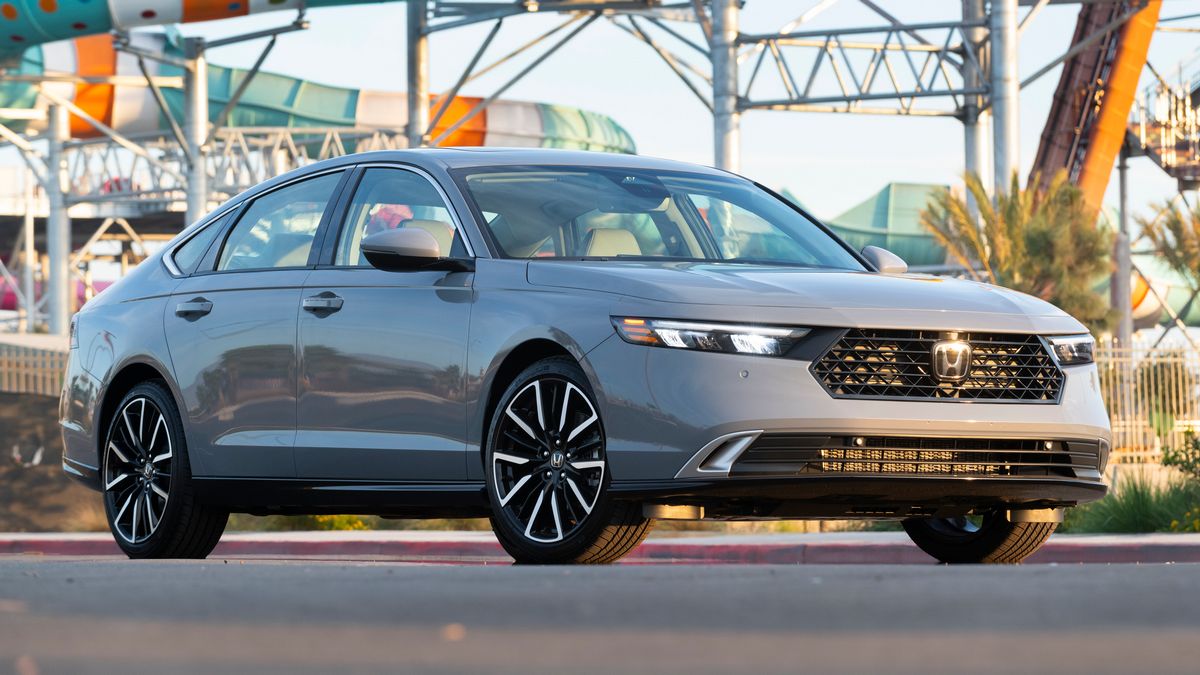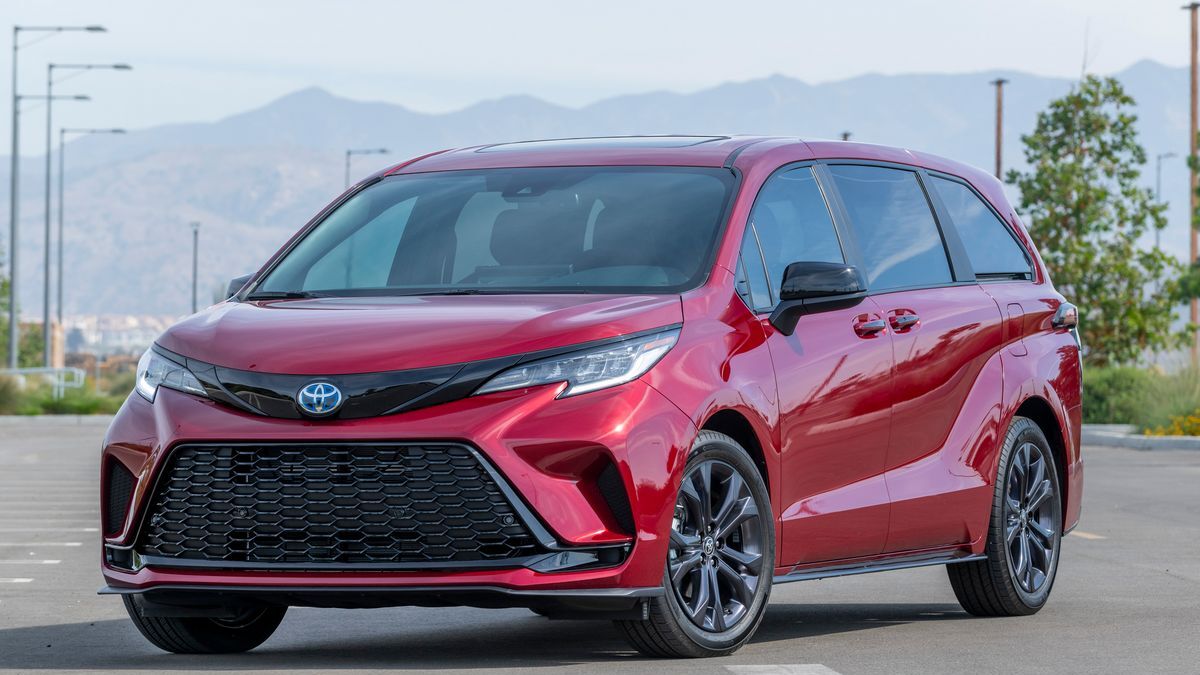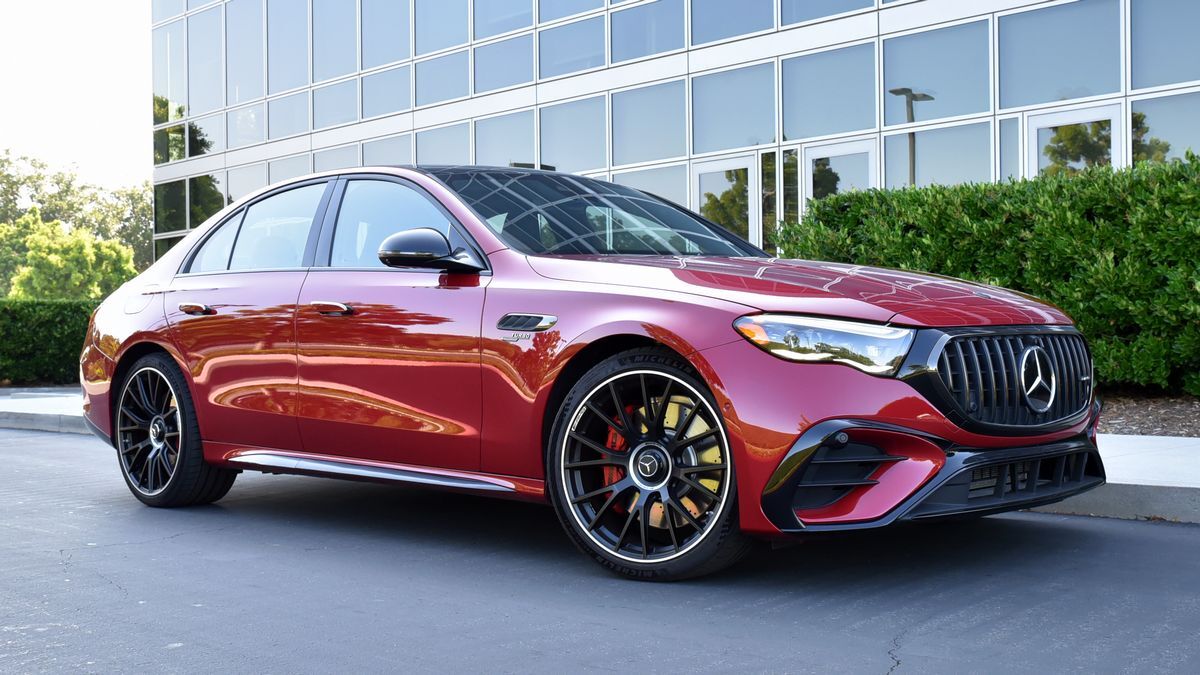According to the U.S. Department of Energy, Americans bought 53% more hybrid cars in 2023 than in 2022.
The department’s Argonne National Laboratory tracks car sales by energy source. Its latest numbers confirm what pretty much everyone else’s numbers have to say – amid publicity about electric vehicles, Americans have gone all-in on hybrids.
Hybrid sales haven’t been on a steady upward trajectory for a decade. They dipped from 2014 until 2020 before rapidly taking off again.
| Year | Number of hybrid cars sold |
| 2023 | 1,175,597 |
| 2022 | 766,412 |
| 2021 | 799,046 |
| 2020 | 455,067 |
| 2019 | 399,444 |
| 2018 | 338,149 |
| 2017 | 370,680 |
| 2016 | 346,949 |
| 2015 | 384,400 |
| 2014 | 452,172 |
The number could even qualify as an undercount. The laboratory’s data excludes plug-in hybrid vehicles.
Related: Electric Cars, Hybrids, and Plug-in Hybrids Explained
The surge of hybrid sales has some automakers scrambling. This week, General Motors announced plans to reintroduce plug-in hybrids to its lineup by 2027. Mazda announced plans to hybridize two of its more popular models last week.
It comes as automakers have heavily advertised their moves toward electric cars. Americans may be reacting to the lack of charging infrastructure by taking a half-step with less risk.
But the news isn’t likely the death knell for electric cars. Automakers may have moved faster on those than the market was ready.
A recent survey from Kelley Blue Book’s parent company, Cox Automotive, showed that most EV skeptics expect to be open to buying an EV in the early 2030s. New federal tailpipe emissions rules and several state mandates align with that timing. Most Americans may well go electric in the next decade.
But not yet. For now, hybrids seem to be the better choice for many.








